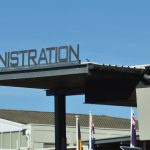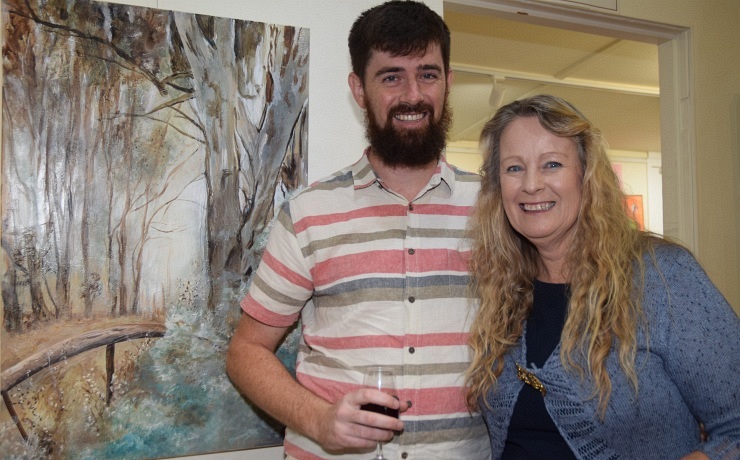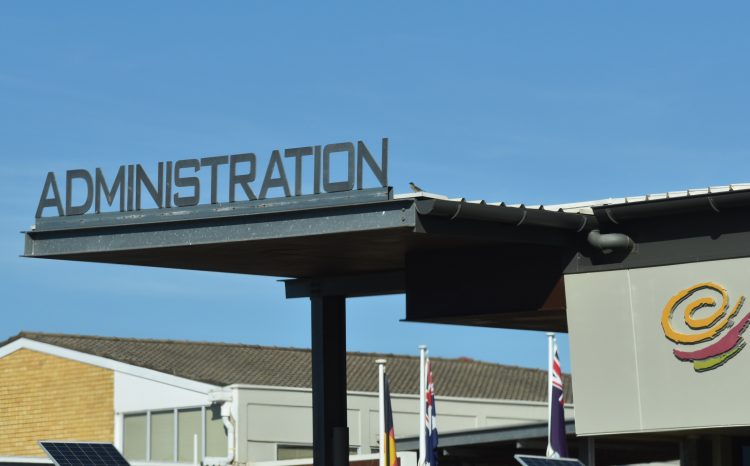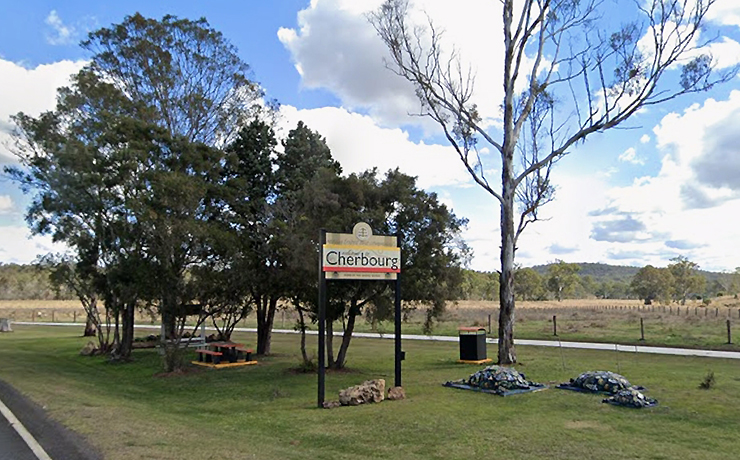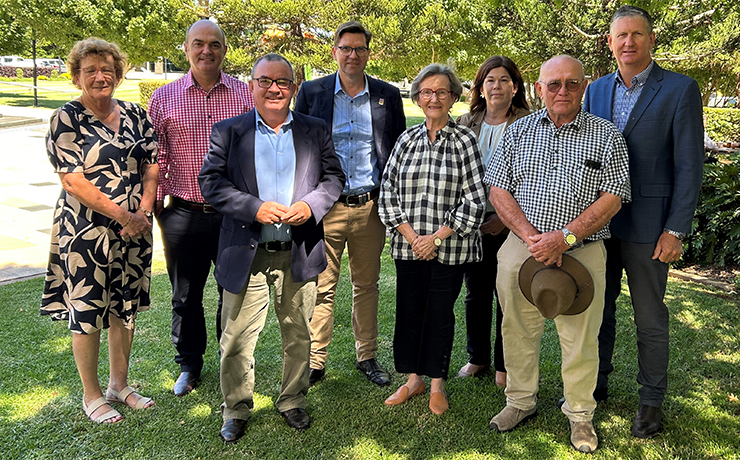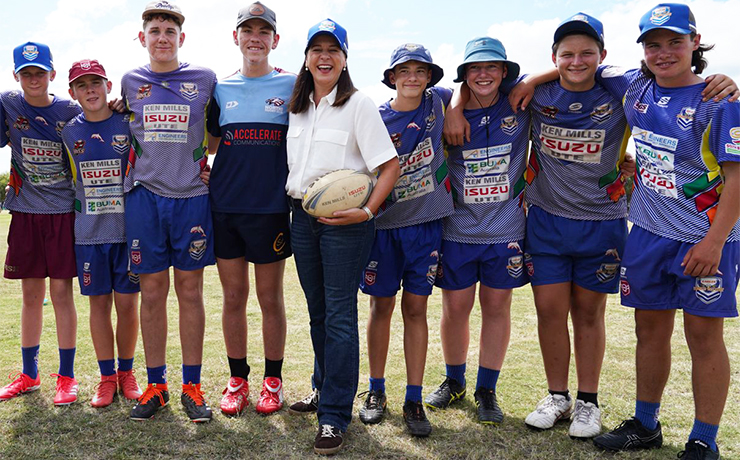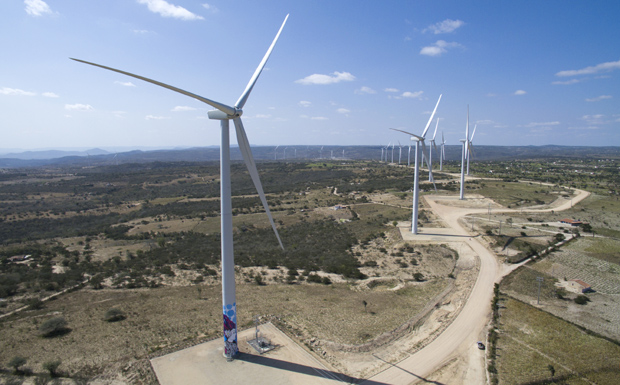
October 1, 2024
The State Government released an updated Wind Code on Monday which will govern future wind farm developments in the State.
The new code was unveiled just prior to the government going into caretaker mode ahead of the October 26 State Election.
A government spokesperson said the key features of the updated code included:
- Enhanced protection for areas of high ecological and biodiversity value
- Safeguards for the Great Barrier Reef against the affects of construction
- Identification and assessment of viable haulage routes from the outset
- Best practice acoustic criteria
- Clear rehabilitation requirements and expectations, and
- Investigation into the impact of construction on local workforces and accommodation.
The spokesperson said the updated Code followed consultation from stakeholders.
It aimed to strengthen protections for communities and the environment while providing clarity and certainty for industry.
The State Government also released a draft Renewables Regulatory Framework for consultation from Monday.
The framework proposes to explore initiatives that improve outcomes through responsible development including:
- Building on the Wind Code review with Stage 2 to consider other energy infrastructure such as solar
- An expanded role for the State Environment Agency including a review of identified Environmentally Relevant Activities
- Setting standards on lifecycle planning including financial assurance for decommissioning
- Expanding the role of the Energy and Water Ombudsman to include landholder and community complaints
- Increasing access to information about projects through an online portal, guidance materials, and independent analysis.

* * *
Queensland Farmers’ Federation CEO Jo Sheppard welcomed the updates to the Wind Code.
“There is no transmission or transition without regional and rural Australia,” she said.
“It is expected that landholders and regional communities take responsibility for hosting renewable energy and transmission infrastructure, therefore it is critical that the most meaningful shared community benefits for the regions are realised, leveraging opportunities and recognising and mitigating unintended negative consequences.
“Meaningful community consultation starts with genuine intent and commitment, is built on the formation of strong, respectful and effective relationships and underpinned by sound processes, frameworks and legislation to support, enhance and protect landholders and regional communities over the long term.
“QFF welcomes updates to the Code and the development of a draft Renewables Regulatory Framework to strengthen protections for communities and landholders particularly in relation to standards for infrastructure life cycle planning and financial assurance for decommissioning, along with workforce and accommodation pressures and demand on freight routes during construction.”
AgForce CEO Michael Guerin said producers must no longer be seen as mere participants in the sustainability conversation, but as crucial leaders.
“Agricultural producers have the knowledge, expertise, and direct engagement with ecosystems that position them as powerful drivers of environmental solutions and thinking,” he said.
“They have the capacity to transform not only their practices but also the way we think about the relationship between food production and environmental stewardship.
“Being dealt in to these conversations is critical for strongest environmental and climate outcomes.”











